'Relapse pays:' Local forum tackles drug addiction treatment and the Florida Shuffle
Drug addiction, a disease that takes hundreds of lives in Palm Beach County every year, is often misunderstood and mistreated. That's slowly changing, but experts say much is yet to be done.
Private treatment facilities can make false promises and reap insurance payments for substandard treatment of people in crisis, a system that prospers under lacking oversight by the Florida Department of Children and Families, a recent Palm Beach Post investigation found.
And other resources that should be a source of help — hospitals, first responders and even friends or loved ones — are often behind the curve on the kind of care and empathy needed to help someone struggling with addiction, a group of four experts said on Wednesday evening.
Impact from Post investigation: Help coming on addiction treatment centers
They gathered at the Palm Beach State College campus in suburban Lake Worth for a community forum called "Fixing the Florida Shuffle: Next Steps." Moderated by investigative reporter Antigone Barton and sponsored by The Post, the college and the Hanley Foundation, the forum continued a conversation about failings in the treatment industry.
It also highlighted opportunities to address a problem that takes thousands of lives throughout Florida every year — each of them a beloved friend, family member or spouse.
That includes Joseph Havrilla, who traveled to Florida and repeatedly sought help before an overdose took his life in 2022. His girlfriend, Amanda Davidson, is now continuing her own recovery and advocating for life-saving care in the state that failed her and Havrilla.
"He was more than what he died because of, and he deserved help," Davidson said. "So many other people deserve help, because the potential they represent in those numbers will never be realized. We would be a better community if they had been.”
To watch the full two-hour conversation, visit youtube.com/@PalmBeachPost and click the "Live" tab.
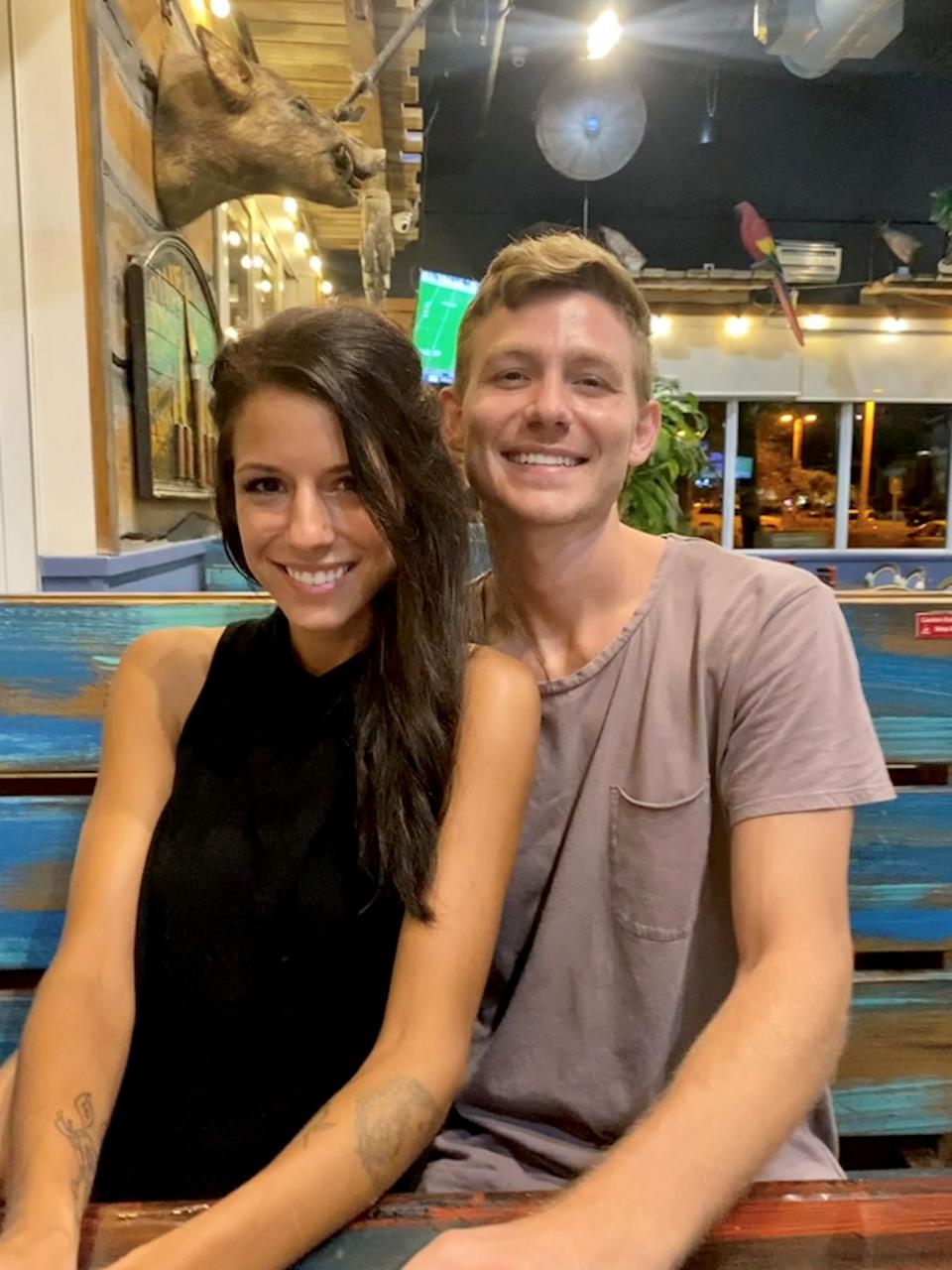
Read The Post's investigation: Florida Shuffle: State's failure to oversee addiction treatment leaves patients in deadly danger
Drug addiction is a disease, not a choice, experts say at 'Florida Shuffle' forum
In Florida, some bad-faith treatment facilities offer hope and promises of a quick recovery in the beautiful Sunshine State. But that's not how drug addiction works, said Dr. Robert Moran, a psychiatrist, addiction medicine specialist, treatment center owner and member of the local Addiction Recovery Task Force.
Gone are the days of Nancy Reagan's 1980s "Just Say No" campaign, which assumed that people were making a choice to use drugs, despite the negative consequences, and that people could simply choose to stop, Moran said.
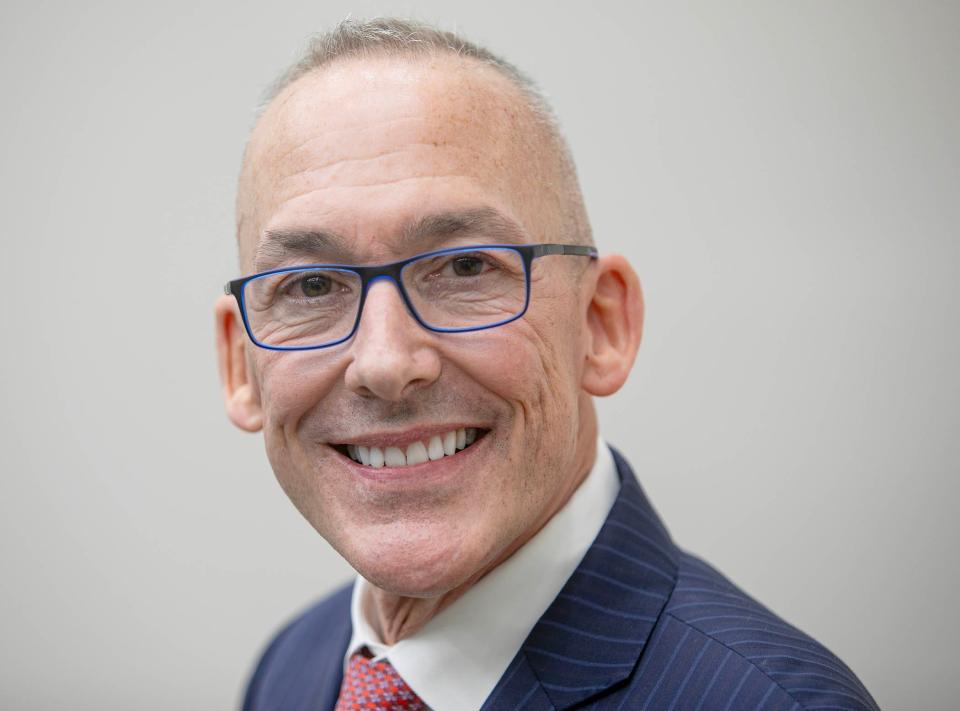
Decades of new research have made it clear that drug addiction changes the physical makeup of the brain and affects people's ability to make sound decisions, regulate emotions and fully understand the impact of their choices.
"There is no doubt that addiction is a brain disease," he continued. "We've known it for 20 years, and this is agreed upon by multiple organizations in the field."
Much like any disease, addiction requires proven medicines, therapies and social services. The care of a medical provider — whether it be intensive care or the occasional checkup — is needed throughout the lifelong process of treating addiction.
Such evidence-based care is required but not enforced, Moran said. That's largely because Florida is one of the few states to assign licensing of the industry to an agency with no medical expertise — the Department of Children and Families.
"I had an audit in my facility," Moran said. "The auditor from DCF, who is not medically trained, she asked me the question, 'Do you utilize evidence-based practice?' I said, 'Yes.' She checked the box. It's horrible."
Problem fueled by stigma and poor oversight by Department of Children and Families
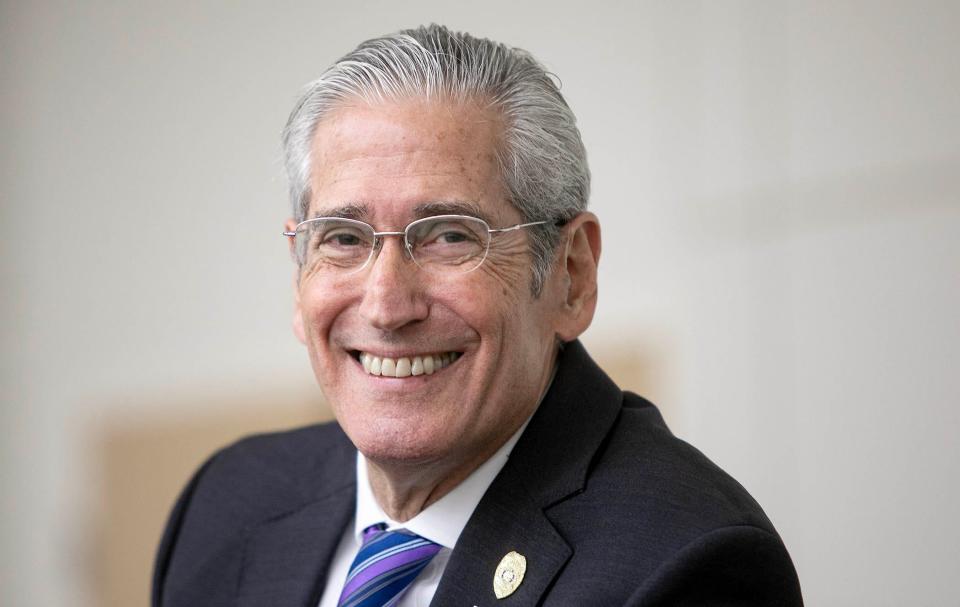
Alan Johnson, Palm Beach County's chief assistant state attorney and head of the office's Addiction Recovery Task Force, has met countless people who traveled to Florida after seeing flashy advertisements for palm trees, sandy beaches and resort-style recovery centers.
And all too often, they arrive to gloomy facilities where large groups of people are given little to no help before being released shortly after, leading them to relapse and, if they survive, to return and generate more insurance payouts for an endless cycle of drug testing and nonexistent treatments. That cycle is known as the "Florida Shuffle."
"Relapse pays," Johnson said, and that's why local investigators have been working for years to crack down on suspect treatment facilities, especially with the introduction of fentanyl — an incredibly deadly substance — into many street drugs.
"It's a long haul," Johnson continued. "I think we're moving in that direction with what we're doing in Palm Beach County. We've got headwinds, but we're moving."
Another issue is the judgment surrounding drug addiction and treatment, the experts said at Wednesday's forum. When someone is in crisis, desperate for help, they might instead find a nurse or police officer who sees addiction as being different than other health emergencies.
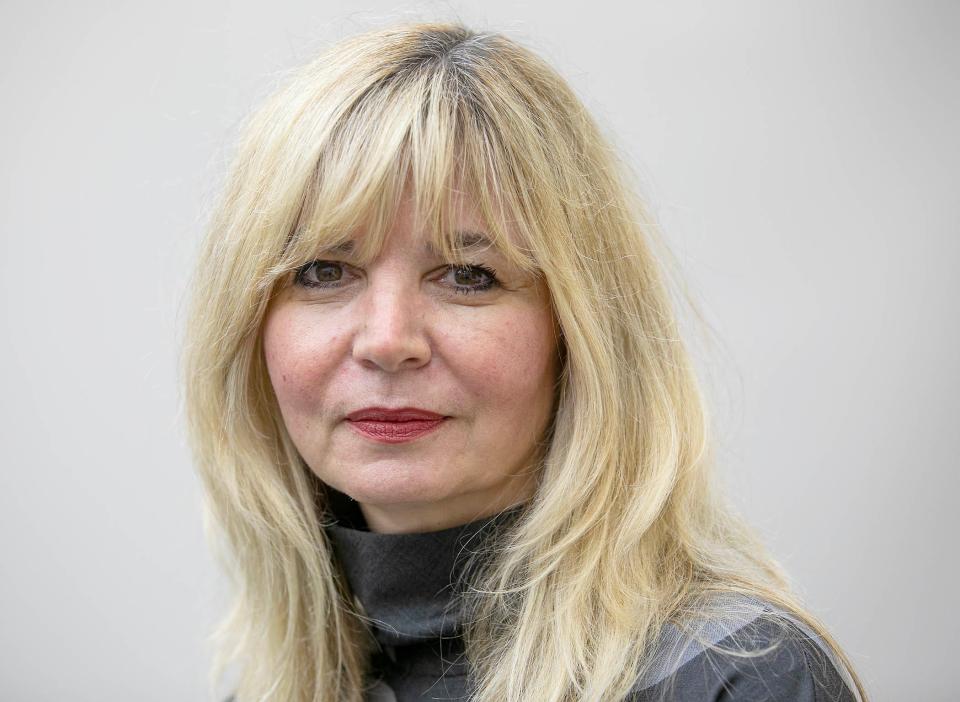
Dr. Belma Andric, chief medical officer for the Health Care District of Palm Beach County, gave the example of a young person visiting the hospital for repeated heart attacks.
"You wouldn't leave that emergency room until five doctors come and talk to you and connect you with services or airlift you to a higher level of care because you almost died five times," she said. "If you have a 23-year-old coming for the fifth time overdosing in an emergency room, it's very normalized. As a medical society, we still don't have the same urgency and acuity around this illness."
Experts talk solutions to tackle drug deaths in Palm Beach County
Experts at Wednesday's community forum said education was key to removing the stigma around drug addiction and treatment, including medications such as Suboxone, which helps to block withdrawal symptoms and opioid cravings.
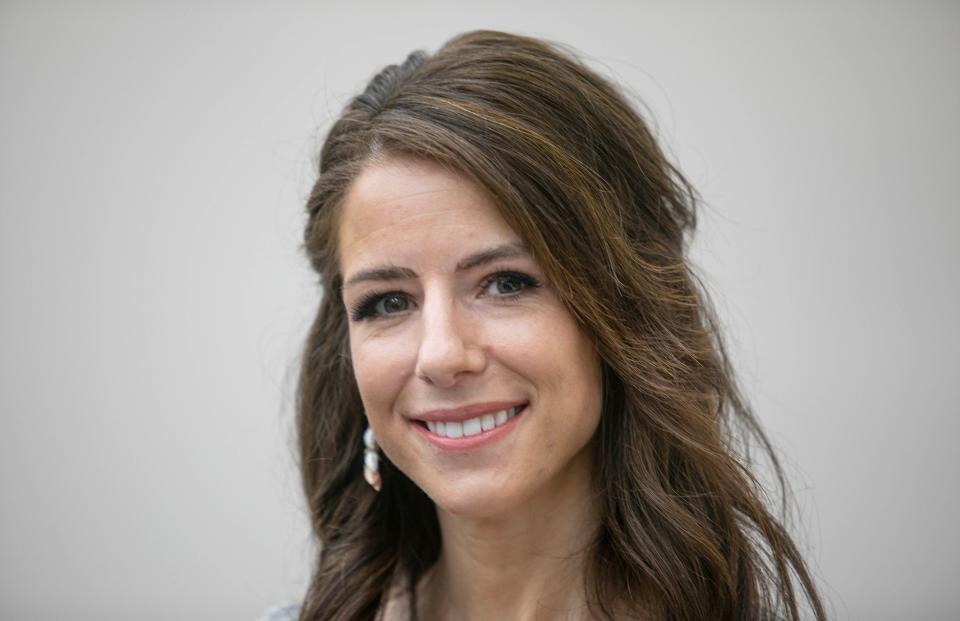
"I take Suboxone, which is hard to say, because there's a lot of stigma even within the treatment community and the recovery community that I'm not actually sober, but I can tell you I'm a lot better now than I was a year ago when I was trying to be sober without it," Davidson said.
Education also includes efforts to help medical professionals, family members and others to understand "the changed brain" that leads someone to act irrationally while battling drug addiction, Moran said.
"They're recognizing that when their loved one is ill, they're talking to the illness," he said. "They're not talking to their loved one … I often think that when I fall into the trap myself. When I'm talking to a patient and the patient is getting me upset, and I'm realizing, wait, I'm not talking to the patient. I'm talking to the illness."
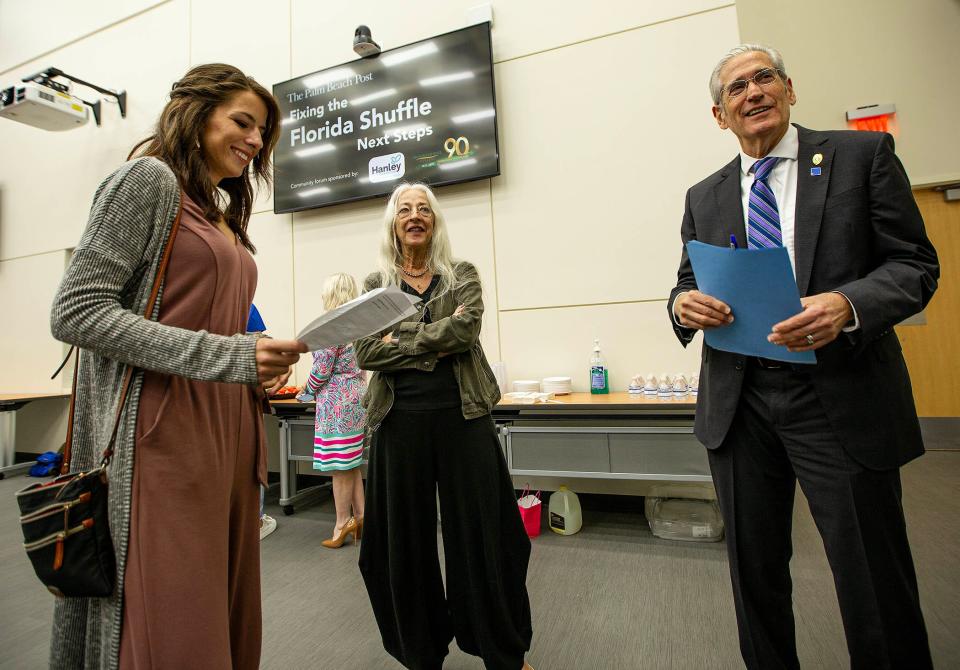
Another vital step is ensuring that treatment facilities are actually using evidence-based practices and hiring people who specialize in psychiatry and addiction. DCF — along with the insurance companies that fuel sham treatment facilities — should do a better job of verifying that proven methods are being used, Moran continued.
The Health Care District started to bring that knowledge and understanding to Palm Beach County by establishing an Addiction Stabilization Unit at JFK North Medical Center in West Palm Beach several years ago.
Now, Andric said her organization is partnering with other local groups to establish a new system of care that supports people battling addiction at every stage of recovery. That includes the creation of mobile crisis units that can respond to people who need the immediate help of a knowledgeable and understanding person.
The Post's investigative reporting also sparked new legislation that demands more transparency from the Department of Children and Families. DCF Secretary Shevaun Harris has since assured one of the bill sponsors that her organization would begin to voluntarily post inspections, complaints and investigative reports online for the public to see.
And regardless of the solution, the people most affected — those struggling with addiction — should be included in the conversation about how to tackle such a wide-reaching and devastating problem, Davidson said.
“I think we deserve, maybe more than anyone, a seat at the table, too," she said. "We have the firsthand experience. We’ve lived through it. We've had the treatment. We know what kind of care has been effective for us.”
This article originally appeared on Palm Beach Post: Forum on the 'Florida Shuffle' highlights failed addiction treatments

